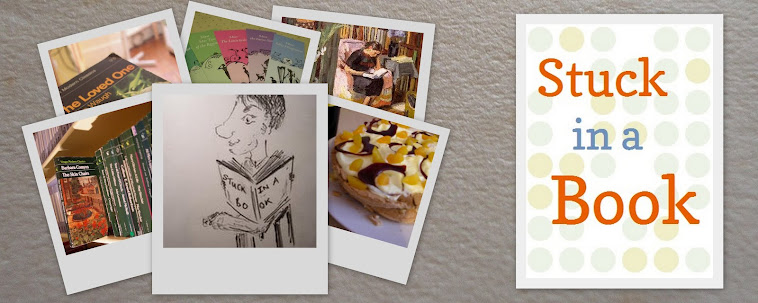It's just as well that I approached On Writing with this proviso, because it's a bit of a misnomer - there isn't a great deal about writing, particularly not about how to write, but there is a great deal about being a writer. A crucial distinction. Rather than giving step by step instructions, or even general guidelines, Kennedy writes about the life of a writer - which seems to consist almost solely of travelling, getting ill, and running workshops for other people who want to be writers.
No one can teach you how to write, or how you write or how you could write better. Other people can assist you in various areas, but the way that you learn how you write, the way you really improve, is by diving in and reworking, taking apart, breaking down, questioning, exploring, forgetting and losing and finding and remembering and generally testing your prose until it shows you what it needs to be, until you can see its nature and then help it to express itself as best you can under your current circumstances. This gives you - slowly - an understanding of how you use words on the page to say what you need to.So, that explains why she concentrates on other matters. If, however, you are desperate to read about the act of writing itself, in the minutiae of prose details, then turn straight to chapter 22. That's precisely what A.L. Kennedy does there - building up the opening sentence to a story, rejecting versions, explaining why she doing so and what thought goes into the construction of each sentence. Granted, I didn't much like the end result (it didn't encourage me to read her fiction, I must confess), but it was fascinating to observe.
This early part of the book is a collection of blog columns Kennedy wrote for the Guardian, and I found them compulsively readable. I love her sense of humour, the dryness of her writing, and her obvious love for the craft of writing. Occasionally, I'll admit, I wanted her to lighten up a tiny bit - as she often admits, writing is not back-breaking labour - but I suppose that's better than flippancy about writing, in a book about writing. And while Kennedy writes about the horrors of appearing in public or having her photo taken - being very deprecating about her own appearance - she has the sort of face that, if you saw her on a bus, you'd say "By gad, good woman, you must write!" It's so wry and cynical, and you get the feeling that it would be world-weary if she didn't find every facet of existence ultimately so amusing.
The next section of the book has longer essays, significantly about running workshops - offering a really interesting insight to a world I know so little about, and showing how much thought Kennedy puts into preparing them (as well as her scorn for those who put on workshops without similar levels of thought.) There is also - of course - more about writing, and I particularly loved this paragraph, which brilliantly demolished a tenet of writing which I have always thought nonsensical:
Personal experience may, for example, be suggested as a handy source of authenticity, perhaps because of the tediously repeated 'advice' imposed upon new authors: "Write about what you know." Many people are still unacquainted with the unabridged version of this advice: "Write about what you know. I am an idiot and have never heard of research, its challenges, serendipities and joys. I lack imagination and therefore cannot imagine that you may not. Do not be free, do not explore the boundaries of your possible talent, do not - for pity's sake - grow beyond the limits of your everyday life and its most superficial details. Do not go wherever you wish to, whether that's the surface of your kitchen table or the surface of the moon. Please allow me - because I'm insisting - to tell you what to think."And finally in On Writing is a piece she refers to often throughout - one which she takes to the Edinburgh Festival, as well as performing around the country. It's very, very funny - in a rather broader way than the rest of the book, and if it feels less natural than her blog writing, then that is because it is a performance piece. Some of it repeats things she has mentioned earlier, but for a book which is compiled from various sources, and also for a blog-based book, On Writing is remarkably unrepetitive. I dread to think how repetitive Stuck-in-a-Book has been. I dread to think how repetitive Stuck-in-a-Book has been. (A-ha-ha.)
All in all, a great book to have on a bibliophile's bookshelf - perhaps not the first place to go if you are penning your own novel - although if you've got past the 'getting published' stage, On Writing might well be an invaluable guide to the life of the writer. For the rest of us, it's simply a great read.















